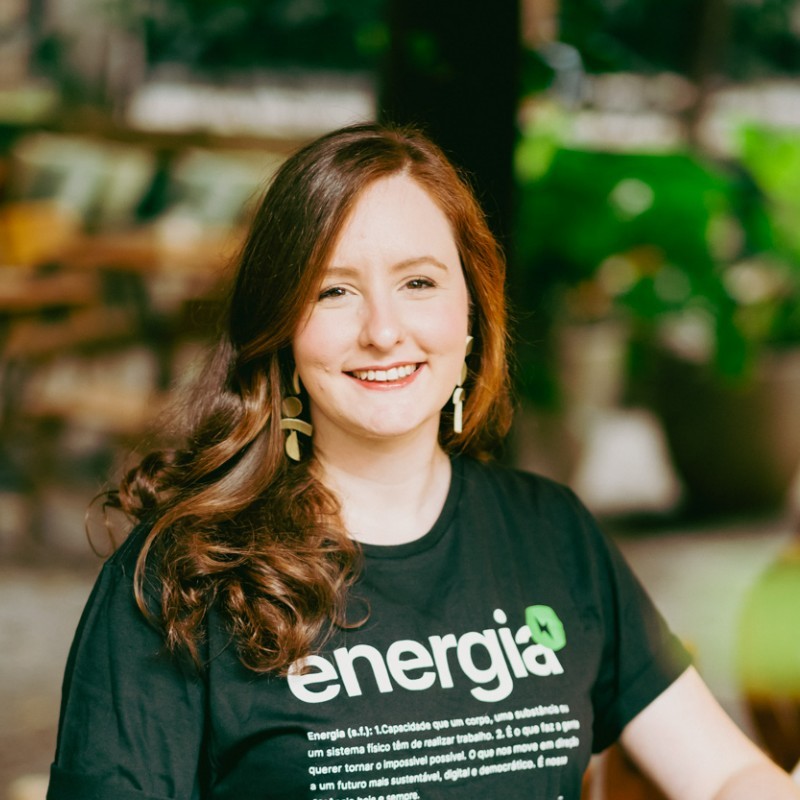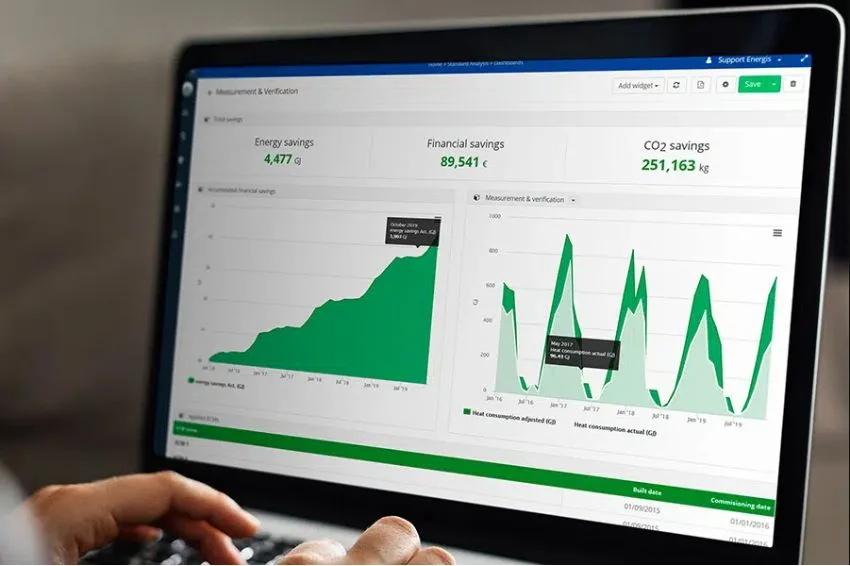In the last decade, the financial market has changed its profile with the emergence of digital banks and regulatory innovations. The path taken by fintechs, however, can be replicated in other segments with a similar profile – lots of data, little innovation and consumers eager to reduce costs.
Our bet is that the energy sector will be the next on the list to change radically in the coming years. It is no coincidence that we created the Open Energy proposal, inspired by “Open Banking” and “Open Finance”.
It starts from the same principle: the data is the property of the consumer and they have the right to share it or consent to access to service providers that will benefit them. In the banking sector, a common use of open innovation, for example, is to offer lines of credit and other products that are more suited to each customer's profile.
Now, keep the same principle and switch from banking to electricity. With the freedom to share their data as and when they want, consumers will be able to have more clarity about their electricity bill expenses.
How might this work in practice? One possibility is to have more control over your energy consumption and identify in detail the causes of momentary increases in your electricity bill.
Another way is to have the support of a company that could suggest practical actions to minimize the impacts of consumption on your bill, but that's just the beginning.
This type of initiative is almost always a very fruitful space for innovation. There are endless possibilities for new products and services in the context of Open energy that can benefit energy consumers
In the United States, Open Energy began to be implemented in 2012. The first initiative was to make electricity bill information available in a spreadsheet on the distributor's website.
This allowed Americans to audit their own accounts, decide the tariff modality that would best fit their consumption profile and share their data with energy traders to access a product more suited to their needs.
This is because, like much of Europe and Australia, residential consumers in the United States have access to the so-called free energy market – that is, they can choose who to buy energy from.
In Brazil, consumers in the so-called captive market can only buy energy from the distributor. But there is a public consultation underway to gather input on a proposal for the gradual opening of the free market by 2028, currently restricted basically to industries and other large companies.
At this point, it is clear that, although Open Energy, which is nothing more than the idea of open innovation based on the consented sharing of data, and the opening of the free market are different discussions, there are many possible articulations of the two initiatives.
In fact, both follow global innovation trends in the energy market that have already become a reality in several countries. This shows a clear trend: consumer empowerment and the greater use of technology in the so-called utilities market (utilities, in Portuguese, which are water, electricity, telephone, gas services, etc.)
Speaking of technology, the electricity sector (here and abroad) has become the cradle of a new type of company – climate techs, startups that rely on technology to help contain climate change.
In Brazil, one of these companies is Lemon Energia, which connects solar, biogas and small hydroelectric plants to thousands of small businesses in some of the country's main markets, such as São Paulo, Rio de Janeiro and Minas Gerais.
With the implementation of Open Energy, startups that combine energy and technology will be able to open up a range of possibilities and new solutions that will provide a better experience for customers, efficiency gains for all parties and more transparency and agility.
The opinions and information expressed are the sole responsibility of the author and do not necessarily represent the official position of Canal Solar.

















One Response
Very pertinent innovation that is sorely needed in the Brazilian market, information exclusively in the hands of distributors tends only to benefit the distributor itself to the detriment of the consumer. It is necessary to stimulate competition in Brazil, which has one of the highest energy tariffs in the world.